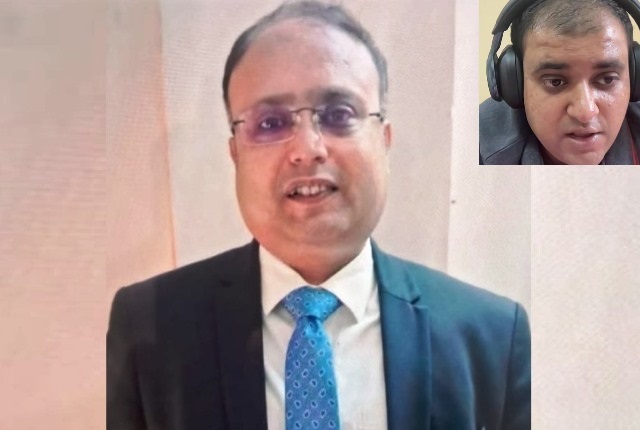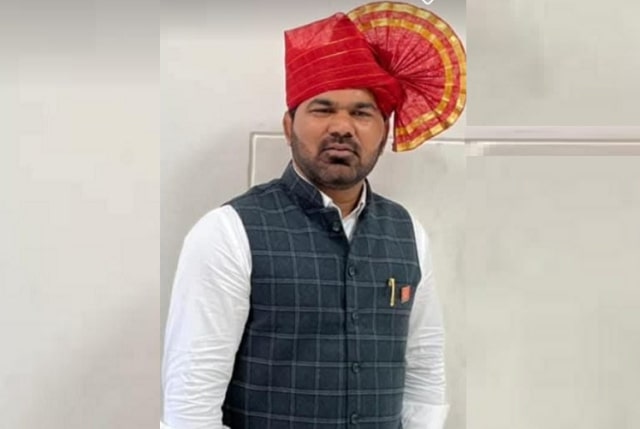
‘Lakhs Of Livelihoods Depend On Plastic’
Simaranjeet Singh, 40, who runs a plastic manufacturing unit in Bawana, Delhi, feels a complete and sudden ban on single-use plastic will take away the livelihoods of thousands of small scale units and lakhs of workers
Plastic manufacturing is my bread and butter. I do not have any other alternative source of income. Neither do hundreds of small and medium plastic manufacturers, like me, who run industrial units here in Bawana providing employment to over one lakh people in the national capital region (NCR). Owners, labourers, and recyclers — everyone has a job here.
However, a complete and sudden ban on single-use plastic will upset the ecosystem that has been established here.
There are burning questions that the government must address before imposing a hasty ban. What will we do if our only source of livelihood is snatched? The recycling business, for instance, is entirely based on single use plastic, what will happen to them if single use plastic is banned? If the government imposes a complete ban on single-use plastic, there will be complete chaos like in happened during demonetization.
Yes, single-use plastic must be reduced and replaced by some other product, but banning it immediately is not a solution. There are countries have achieved milestones in recycling and are now buying waste from other countries to generate electricity, make oil and other useful things out of it. Recycling is primarily the job of government agencies. There should be a training department for recycling within the government civic agency. We cannot afford to lose whatever we have. There must be a phase-wise system in place to remove single use plastic from the country, that ensures continued employment of people working in the plastic manufacturing and recycling industry. Any knee-jerk reaction by the government will hamper the economy.
The plastic manufacturing market is already facing a slump after the statement of PM Modi about the ban on single-use plastic. Those who don’t understand our concern should visit the western countries once, they will be shocked to see how much single-use plastic they use. They don’t face problems like us, as they have a very effective recycling system in place. Plastic is actually recyclable and people need to know that. Plastic pollution is a result of improper waste management, and that is the reason why plastic ends up in landfills and oceans.
We suggest the government to make a separate ministry for recycling, import new systems from the western countries, train the civic agencies and invest in buying equipment to recycle it rather than immediately banning it. If this is done systematically, we will also get a chance to research on things that can replace plastic.
There is a lot of confusion over single-use plastic that needs to be clarified. If the government just bans polythene bags, straws, and tumblers — it will result in gross injustice for the small and medium industries, which manufacture them. Plastic is everywhere. It is a major part of the food packaging and FMCG industries. Packets of biscuits, noodles, chips, salt, sugar – anything that goes to kitchen is packed in a single use plastic. Why should they be spared? They equally contribute to plastic pollution?
The plastic manufacturers are now waiting for October 2, with our fingers crossed, when the prime minister is likely to make an announcement in this regard. We hope the government understands our concerns and takes a wise decision.
]]>



